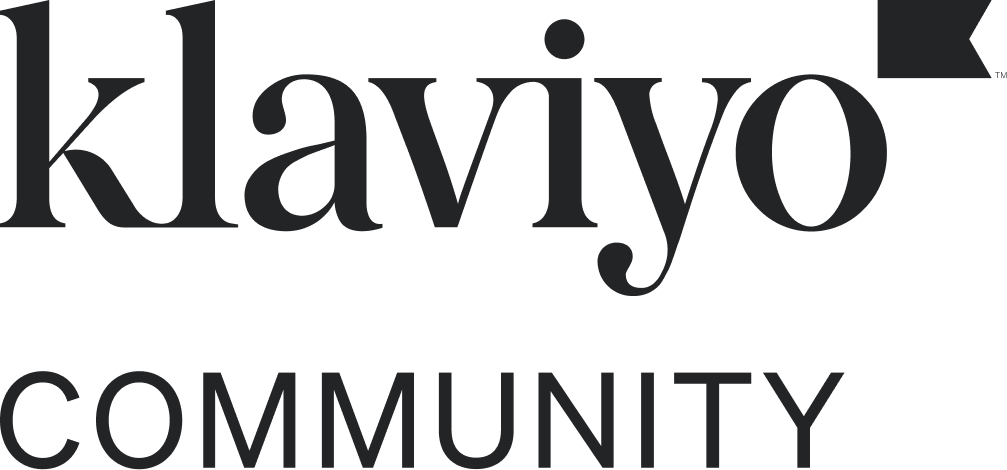Hey Klaviyo Community,
after a few attempts with the Klaviyo Support, I try to find a solution to my problem. Maybe some of you encountered the same issue:
Our cart abandonments get sent out to people despite them placing the order because of two separate profiles engaging.
Say a lead receives a campaign, clicks and lands on the website. They proceed, add something to their cart and then proceed to checkout. This all happens and get’s linked to, say “Profile A”. It’s the e-mail they received a mail from and are active on site. Then, they proceed filling out the checkout form, but insert a different e-mail then they are currently active with inside the checkout. Say Profile B.
So Profile A started the Checkout, but Profile B - which are both the same customer - places the order.
So the abandoned cart gets sent to Profile A, while Profile B gets the order confirmation.
So actually, it’s working as it should and some would argue that the impact it has on us is low. However, we have a lot of people subscribing to our lists but use different E-Mails for transactions.
This causes plenty of questions from customers if their order went through or not, as customers receive an abandoned cart, as well as an order confirmation.
As it’s two different profiles being active, I currently don’t know of a way of filtering out those cases.
My question: Is there a way to trigger the checkout only after entering the E-Mail field, not before? That way, we would sort out that issue.
Thank you for your help!
P.S We’re using WooCommerce
